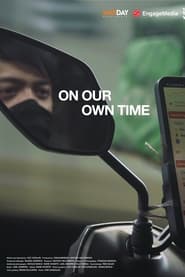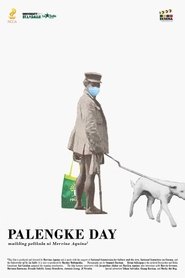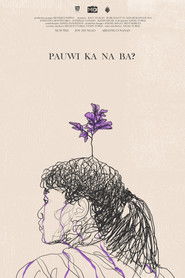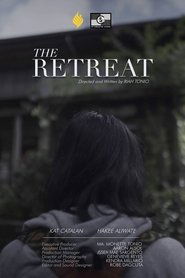detail profile kat catalan

Info Pribadi
Peran Yang Di Mainkan Kat Catalan
 Marcos then Marcos now Filipino workers...
Marcos then Marcos now Filipino workers...Invisible Labor 2024
Marcos then, Marcos now. Filipino workers unite and lead the struggle for economic and political rights, determined to shape the course of history. In between, a janitor painstakingly rewinds videotapes featuring these struggles, unknowingly aiding in the preservation of history.
 A cinematic documentary about the struggle...
A cinematic documentary about the struggle...Agos 2024
A cinematic documentary about the struggle of the Dumagat people against the Angat Dam construction, as told by Nanay Conching who has led the fight since the regime of Marcos Sr.
 Three delivery riders in Metro Manila...
Three delivery riders in Metro Manila...On Our Own Time 2023
Three delivery riders in Metro Manila record a day in their lives, revealing the challenges they face as digital app-based workers. As the day ends, the riders take a breather and talk about a range of topics - including how to counter tech-driven exploitation.
 The film recounts experiences within the...
The film recounts experiences within the...Market Day 2022
The film recounts experiences within the Baguio Public Market during the COVID-19 pandemic and the country’s community quarantine. Through the words and images of vendors and market-goers, the film looks into the history of the space and its possible future with the impending redevelopment and modernization undertaken by the city government and a large conglomerate.
 A story of a young woman...
A story of a young woman...Pauwi Ka Na Ba? 2020
A story of a young woman and her journey on taking up the armed struggle in the countryside and her internal conflicts as she attempts to reconcile her dreams to serve the people with ensuring the well-being of her family. In her decision-making, she is reminded of her arguments with her sister when announced her decision to leave the city, and conversations with her mother beckoning her to stay home.
 Still Here Still Walking is a...
Still Here Still Walking is a...Still Here, Still Walking 2020
Still Here, Still Walking is a diary film about the contradictions that the filmmaker continues to face as an activist struggling between mental health issues and political work. It goes from her experience as a naive art student from a school founded by the Marcoses to her participation in the mass movement, which eventually overlaps with conflicts with her family, her studies, her organizations, and herself, ending in a wavering “revolutionary optimism”. While the work is mostly self-reflections, it is an attempt to view these subjective emotional experiences through impersonal and political lens. It delves not just into the psyche of the self, but also of the depressed and deprived masses who, despite it all, continue to seek out an alternative to this rotten system and build a better life grounded in communal support.
 A lonely introverted girl faces mysterious...
A lonely introverted girl faces mysterious...